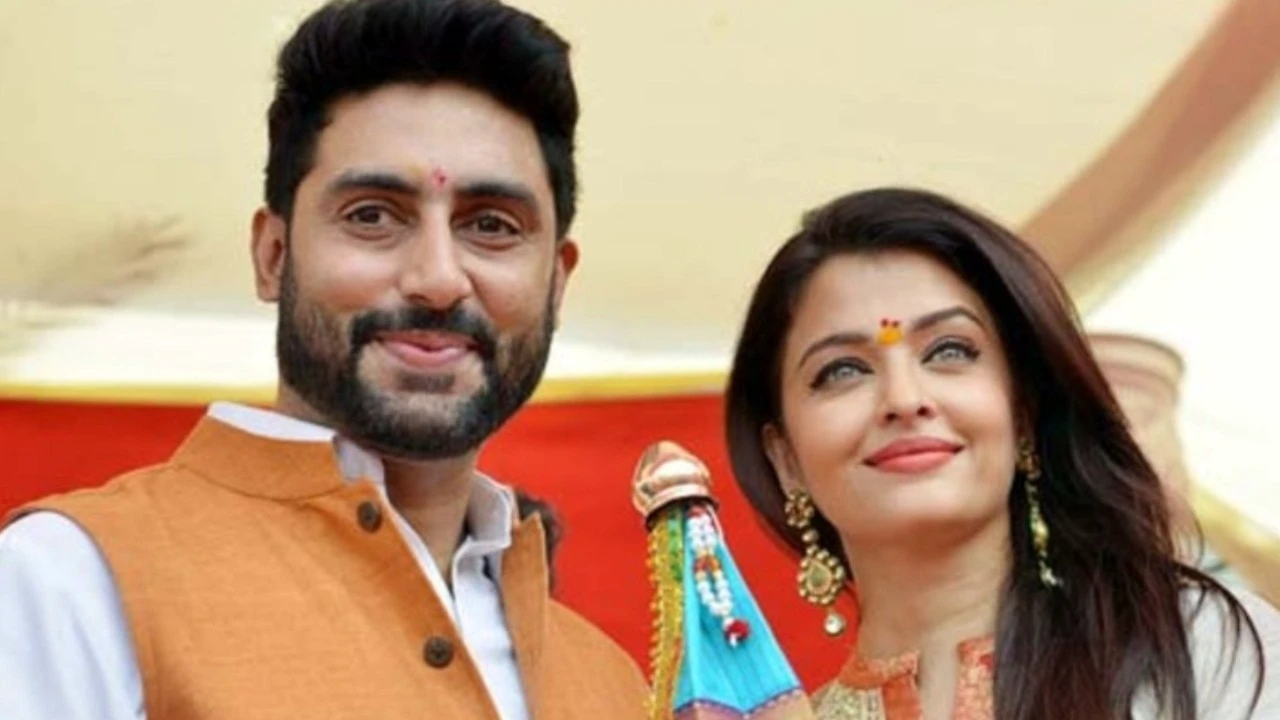Aishwarya Rai Bachchan and Abhishek Bachchan have filed a lawsuit against YouTube and its parent company Google, seeking Rs 4 crore (approximately $450,000) in damages.
The couple’s legal move comes after a series of their alleged AI-generated deepfake videos appeared on the platform, following a recent Delhi High Court order aimed at protecting Aishwarya Rai and .
The legal petition, filed on September 6, requests the removal and permanent ban of videos that infringe upon the couple’s intellectual property rights. The Bachchans have also asked the court to direct YouTube to implement measures that prevent their videos from being used to train rival AI models, citing rising concerns over AI misuse in content creation.
According to legal papers reviewed by Reuters, the lawsuit targets “egregious” and “sexually explicit” AI-generated content. The Bachchans argue that YouTube should introduce safeguards so that any material misusing their names, voices, or images cannot be exploited by artificial intelligence. They contend current platform policies allow for further misuse as AI technologies evolve.
The couple specifically referred to a YouTube channel, AI Bollywood Ishq, which reportedly has over 259 videos featuring manipulated clips and has garnered more than 16.5 million views. One widely viewed video allegedly shows Aishwarya Rai Bachchan and Salman Khan in a pool, while another depicts Abhishek Bachchan in fabricated scenarios, such as suddenly kissing an actress or reacting angrily to AI-altered scenes involving his wife.
In their petition, the actors raised the risk of such content being used in AI model training, which could escalate the spread of infringing videos. They stated, “Such content being used to train AI models has the potential to multiply the instances of use of any infringing content i.e. first being uploaded on YouTube being viewed by the public, and then also being used to train.”
The lawsuit also questions YouTube’s policy allowing creators to permit the platform to use uploaded content for AI training. The Bachchans say this could cause a lot more fake videos that wrongly show or misuse people. They maintain that “allowing creators to consent to their videos being used to train AI models is dangerous, because content that misrepresents them could eventually be multiplied by AI itself.”
India currently lacks specific laws safeguarding “personality rights,” unlike some jurisdictions in the United States. In recent years, a handful of Bollywood personalities have taken legal steps to assert these rights in Indian courts. However, the Bachchans’ action represents one of the most significant and high-profile cases involving the intersection of celebrity, AI-generated content, and privacy rights in India.
The petition highlights the potential for repeated harm if AI-generated deepfakes are left unchecked. The Bachchans emphasised in their filing, “Such content being used to train AI models has the potential to multiply the instances of infringing use – first being uploaded on YouTube and viewed by the public, and then also being exploited for AI training.” Their case continues to draw attention to the need for regulatory clarity in the era of artificial intelligence and digital media.
